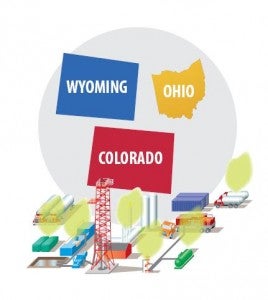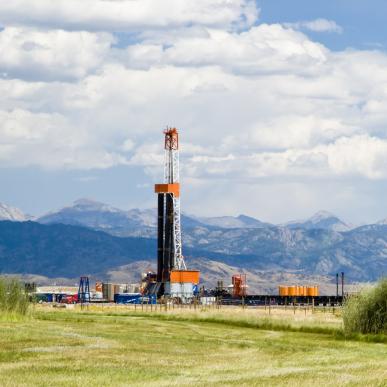By: Megan Ceronsky, EDF attorney, and Peter Heisler, legal fellow
The newly-released Third National Climate Assessment has some eye-opening news about climate change.
The report confirms that if greenhouse gas emissions are not reduced it is likely that American communities will experience:
- increased severity of dangerous smog and particulate pollution in many regions[1]
- intensified precipitation events, hurricanes, and storm surges[2]
- reduced precipitation and runoff in the arid West[3]
- reduced crop yields and livestock productivity[4]
- increases in fires, insect pests, and the prevalence of diseases transmitted by food, water, and insects[5]
- increased risk of illness and death due to extreme heat[6]
Extreme weather imposes a high cost on our communities, our livelihoods, and our lives. The National Climatic Data Center reports that the United States experienced seven climate disasters that each caused more than a billion dollars of damage in 2013, including the devastating floods in Colorado and extreme droughts in western states.[7]
These are precisely the type of impacts projected to affect American communities with increasing frequency and severity as climate-destabilizing emissions continue to accumulate in the atmosphere.
Fossil fuel-fired power plants are far and away the largest source of greenhouse gas emissions in the United States, emitting more than two billion metric tons of carbon dioxide in 2012 — equivalent to 40 percent of U.S. carbon pollution and nearly one-third of total U.S. greenhouse gas emissions.[8] Read More





